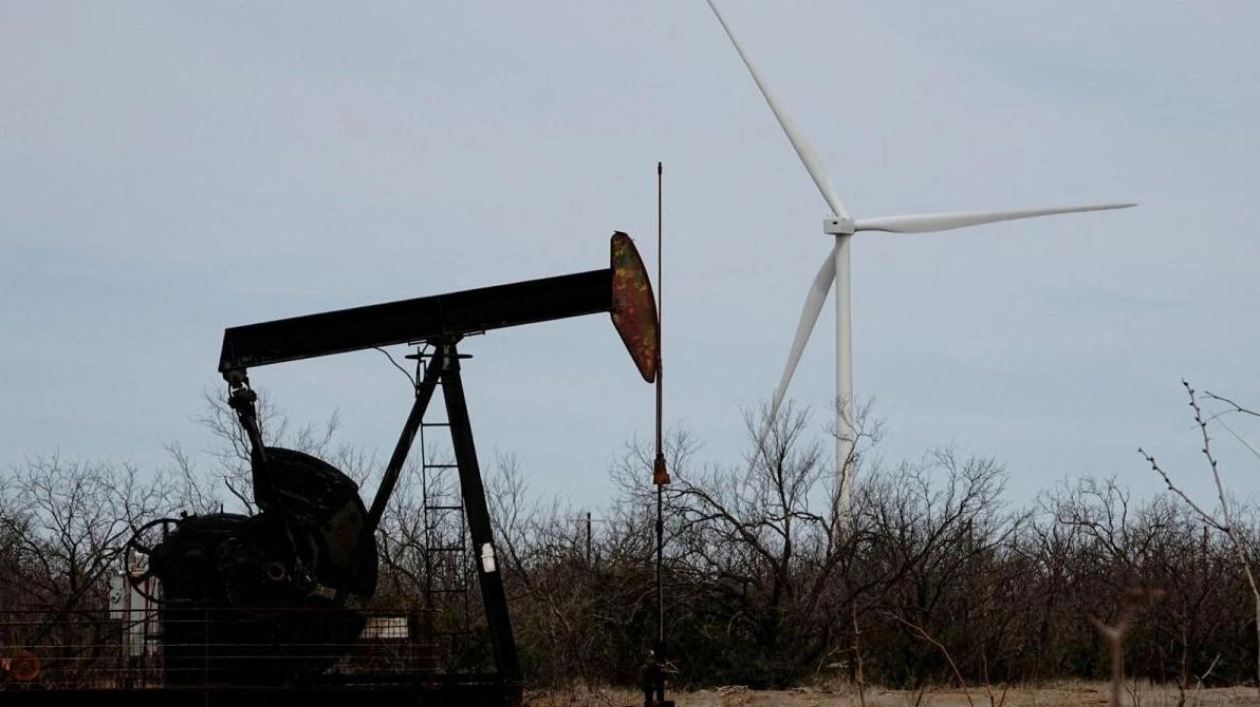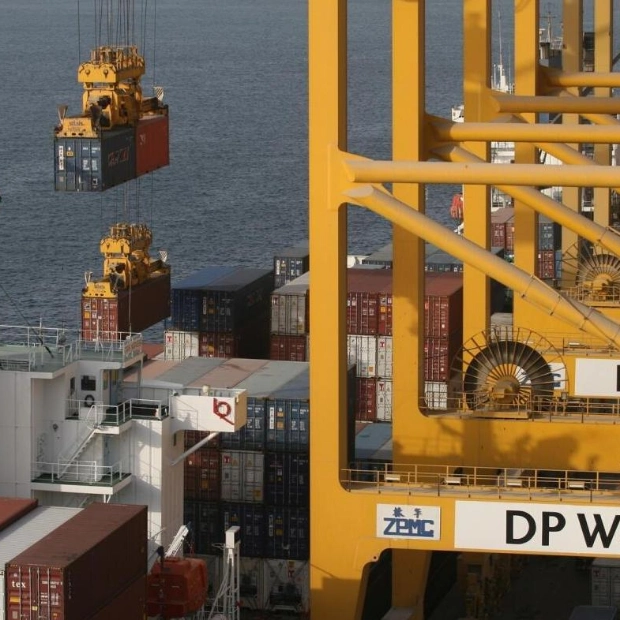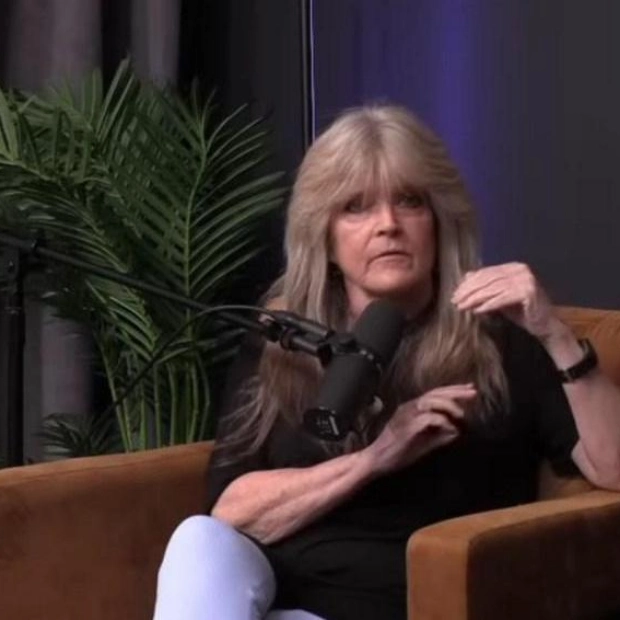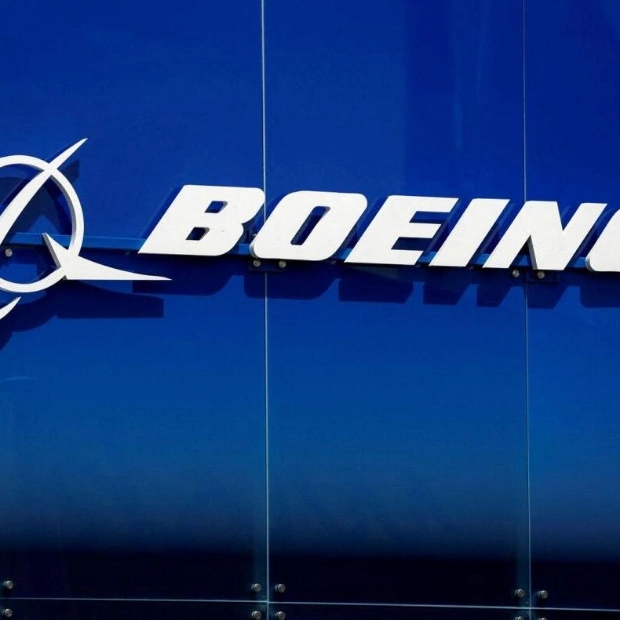Oil prices surged over 2% on Monday following Opec+'s decision to postpone a planned output increase by a month, as markets prepared for a pivotal week that includes the US presidential election.
US Democratic candidate Kamala Harris and Republican Donald Trump remain closely matched in opinion polls ahead of Tuesday’s Election Day, with the outcome potentially not being clear for several days after voting concludes.
Brent futures climbed $1.71 per barrel, or 2.3%, to $74.81 a barrel at 1420 GMT. Meanwhile, US West Texas Intermediate (WTI) crude rose $1.81 a barrel, or 2.6%, to $71.30.
On Sunday, Opec+, which comprises the Organisation of the Petroleum Exporting Countries plus Russia and other allies, announced it would extend its output cut of 2.2 million barrels per day (bpd) for another month in December, having already delayed the increase from October due to declining prices and weak demand.
Opec+ had been scheduled to boost monthly output by 180,000 bpd from December. “Given ongoing economic growth concerns, we think the group seeks more clarity on the economic effects of interest rate cuts in the US and the fiscal and monetary policy easing in China,” commented UBS analyst Giovanni Staunovo. “They should also gain clarity on the next US president and the impact of compensation cuts from countries that exceeded their production limits in the past.”
Speaking at an industry event in Abu Dhabi, the CEO of Italian energy company Eni noted that Opec+’s oil supply cuts and recent efforts to reverse them have heightened volatility in energy markets and discouraged investment in new production.
Analysts predict high oil price volatility this week, with market participants awaiting Iran’s response to recent Israeli attacks and the US election result. On Thursday, US news website Axios reported that Israeli intelligence indicated Iran was preparing to attack Israel from Iraq within days, citing two unidentified Israeli sources.
“Senior advisors to Trump have voiced strong support for striking Iranian nuclear facilities and reinstating maximum pressure sanctions,” said Helima Croft, head of global commodity strategy at RBC Capital Markets. In contrast, a Harris administration would likely avoid escalating sanctions pressure and focus on ending the conflict as swiftly as possible, Croft added.
Investor attention this week will be on the US Federal Reserve, as economists anticipate a 25 basis point interest rate cut on Thursday, and on China, where the Standing Committee of the National People’s Congress meets from Monday to Friday and is expected to approve additional stimulus to bolster the decelerating economy.
Source link: https://www.khaleejtimes.com






